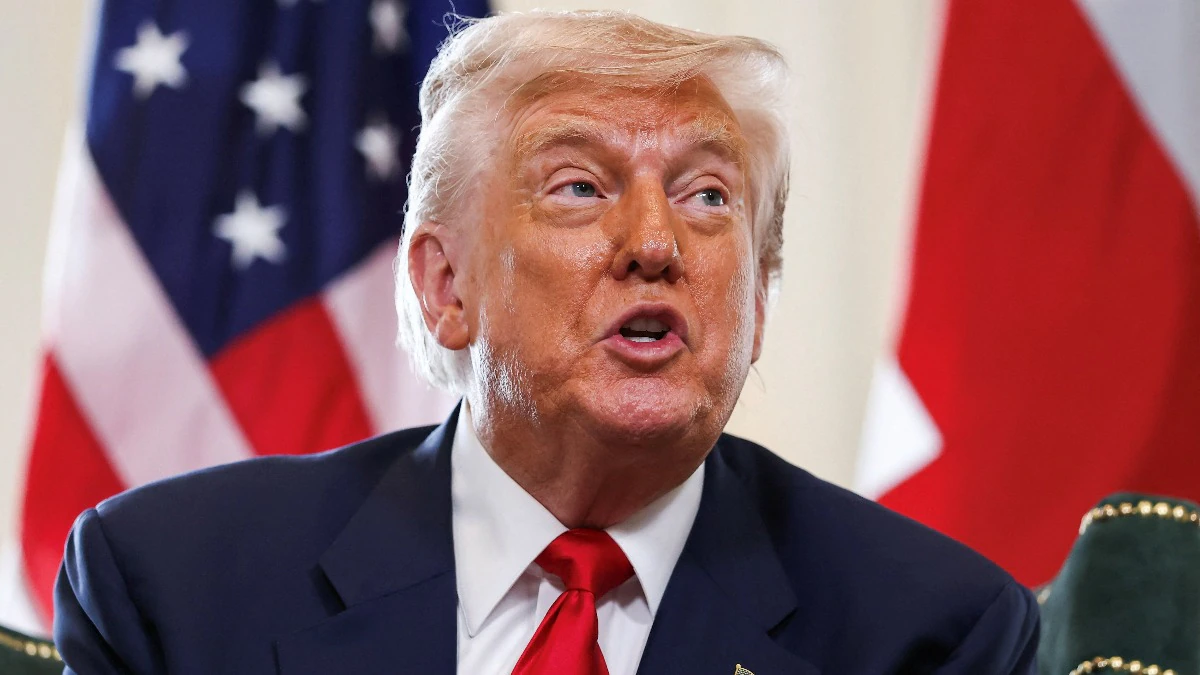
‘Bad business decision’: SBI says Donald Trump’s tariffs will cost Americans more than Indians
How did your country report this? Share your view in the comments.
Diverging Reports Breakdown
‘Bad business decision’: SBI says Donald Trump’s tariffs will cost Americans more than Indians
U.S. slapped a 25% tariff on its exports to India. The move could trigger inflation in America, hitting household budgets, and pushing the dollar closer to a trust crisis. India’s economy is better positioned to absorb the blow than the U.S., according to SBI Research. The analysis warns that global supply chains will “auto-adjust,” allowing Indian businesses to reroute trade and preserve momentum. It links the tariff escalation to India’s strengthening role in BRICS and the Global South, suggesting that New Delhi’s refusal to compromise on sovereignty may have prompted Washington’s retaliatory posture.
India, it argues, is “stirred, not shaken.”
Advertisement
Related Articles
In its latest report, SBI Research calls the U.S. tariff decision “a bad business move,” asserting that India’s economy is better positioned to absorb the blow than the U.S. is to sustain the fallout.
The analysis warns that global supply chains will “auto-adjust,” allowing Indian businesses to reroute trade and preserve momentum.
According to the report, U.S. consumer prices could rise by 2.4% in the short term and 1.2% over the longer run due to the tariffs, which affect nearly all imports.
The reason: roughly 20% of the U.S. consumer price index is sensitive to import costs. That, SBI estimates, translates into a $2,400 annual hit to the average American household—up to $5,000 for high-income families and nearly triple the proportional burden for low-income groups.
Advertisement
By contrast, India’s GDP is projected to lose just 25–30 basis points in FY26. Exports will be hit—particularly electronics, pharmaceuticals, gems and jewelry, and solar modules—but India’s diversified trade profile and policy support like the PLI scheme cushion the impact.
SBI flags deeper strategic dynamics too. It links the tariff escalation to India’s strengthening role in BRICS and the Global South, suggesting that New Delhi’s refusal to compromise on sovereignty and its push for multipolar trade alliances may have prompted Washington’s retaliatory posture.
The report also highlights contradictions in U.S. policy: while imposing protectionist tariffs, the U.S. is simultaneously pushing to dominate digital finance through aggressive crypto legislation. Executive Order 14178 and the GENIUS Act are designed to integrate stablecoins into the financial system and allow crypto firms to bypass traditional banking—moves SBI sees as risking trust in the U.S. dollar itself.
